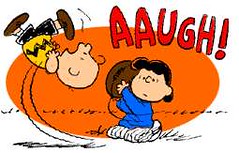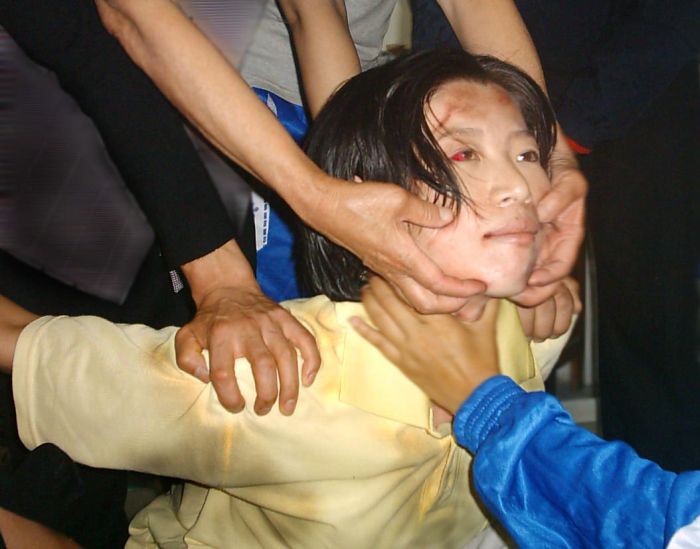

In Beyond God the Father, feminist theologian Mary Daly detailed the psychological and political ramifications of father religion for women. "If God in 'his' heaven is a father ruling his people," she wrote, "then it is the 'nature' of things and according to the divine plan and the order of the universe that society be male-dominated. Within this context, a mystification of roles takes place. The husband dominating his wife represents God 'himself.' The images and values of a given society have been projected into the realm of god and 'Articles of Faith,' and these, in turn, justify the social structures which have given rise to them and which sustain their plausibility."
Philosopher Simone de Beauvoir was well aware of the function of patriarchal religion as legitimater of male power; she wrote, "Man enjoys the great advantage of having a god endorse the code he writes; and since man exercises a soverign authority over women it is especially fortunate that this authority has been vestred in him by the Supreme Being. For the Jew, Mohammedans, and Christians, among others, man is Master by divine right; the fear of God will, therefore, repress any impulse to revolt in the drowntrodden female."
From "Why Women Need the Goddess" by Carol P. Christ in The Politics of Women's Spirituality ed. by Charlene Spretnak































